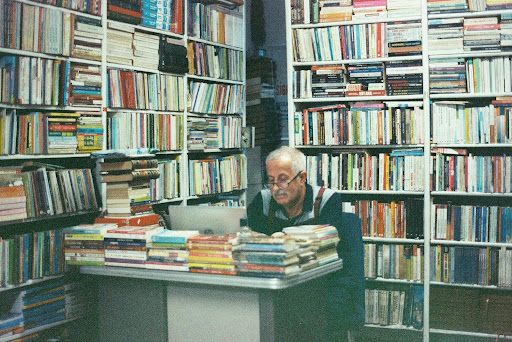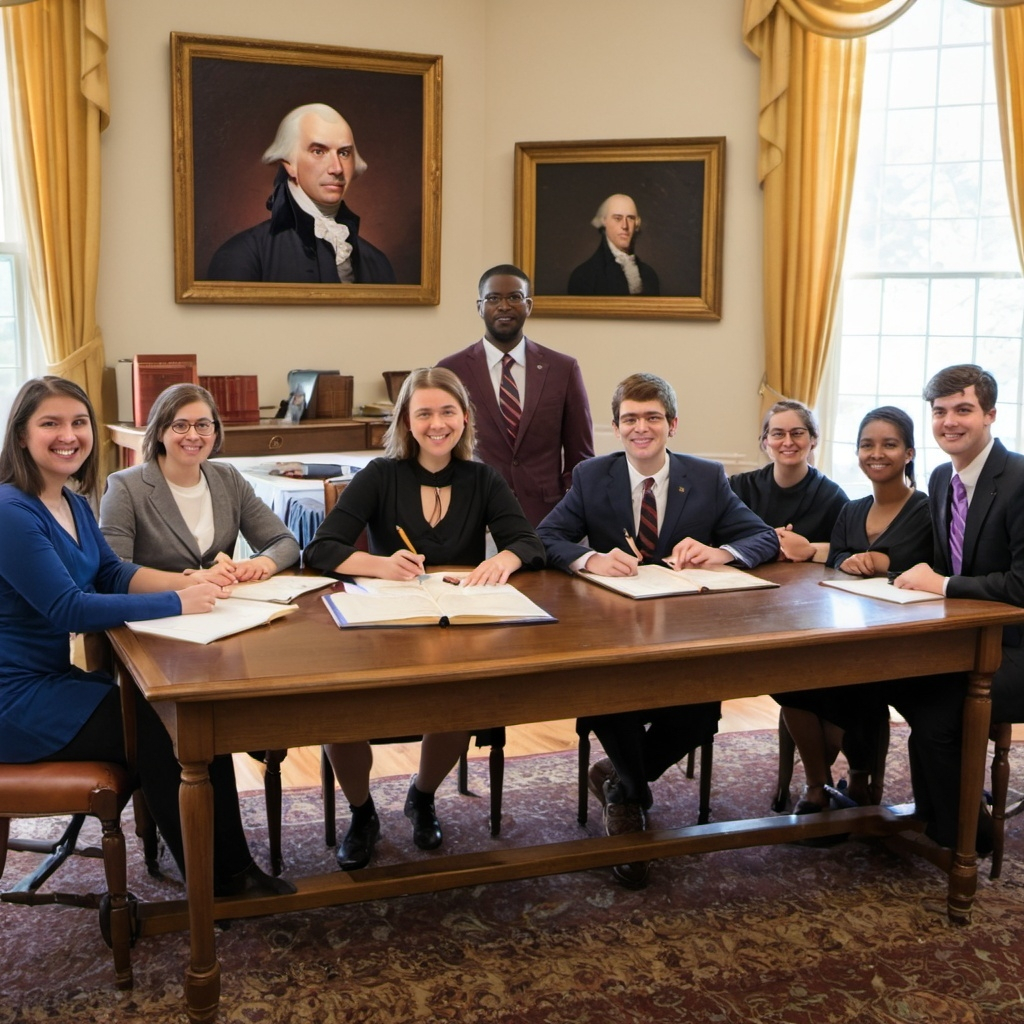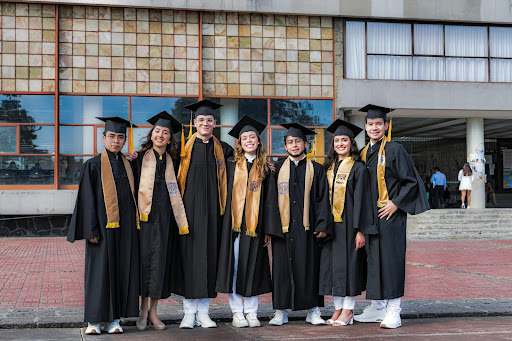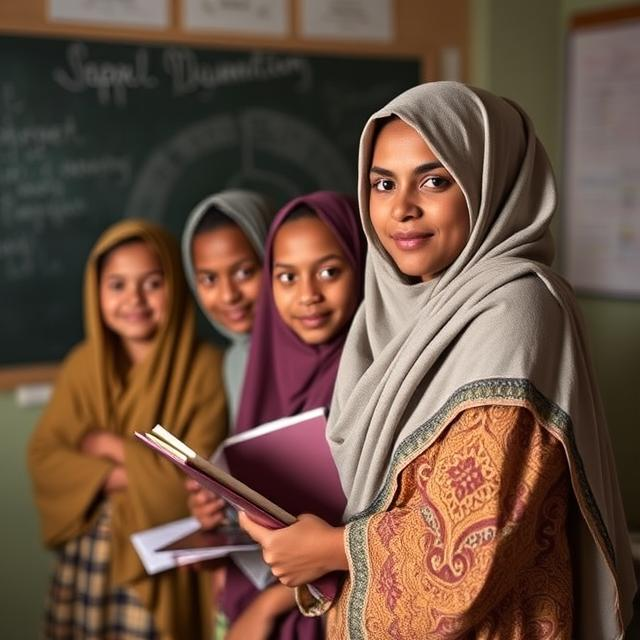The L’Oréal-UNESCO For Women In Science Program: Empowering Female Scientists Globally
In a world where scientific discoveries drive progress and innovation, gender diversity in the scientific community is not just a matter of equality but also one of enhancing the richness of research outcomes. The L’Oréal-UNESCO For Women in Science Program stands as a beacon of this ethos, working tirelessly to promote the role of women in scientific fields worldwide.
Background and Purpose
Launched in 1998, the L’Oréal-UNESCO For Women in Science Program is a collaborative initiative between L’Oréal and the United Nations Educational, Scientific and Cultural Organization (UNESCO). The program was founded on the belief that the world needs science, and science needs women. Its core mission is to recognize and support women researchers who contribute significantly to scientific advancements while encouraging more young women to pursue careers in science.
Awards and Fellowships
The program comprises several key elements designed to support women at various stages of their scientific careers:
1.International Awards: Each year, the program honors five exceptional women scientists from different regions of the world. These awards recognize outstanding achievements in life sciences and materials science, providing recipients with both financial support and global recognition.
2.National and Regional Fellowships: To foster young female talent, the program offers numerous fellowships at the national and regional levels. These fellowships support promising young researchers in their doctoral or post-doctoral studies, providing essential funding and mentorship opportunities.
3.Rising Talents Program: This initiative highlights 15 young women researchers from among the national and regional fellowship recipients. It aims to accelerate their careers by providing additional support, visibility, and networking opportunities.
Impact and Achievements
Over the past two decades, the L’Oréal-UNESCO For Women in Science Program has had a profound impact:
- Awarding Over 3,800 Women: The program has provided support to more than 3,800 women scientists from over 110 countries, fostering a global network of female researchers.
- Increased Visibility: By recognizing and celebrating female scientists, the program has increased the visibility of women in science, challenging stereotypes and inspiring future generations.
- Promoting Gender Equality: The initiative has played a crucial role in promoting gender equality in scientific fields, advocating for policies and practices that support women in their scientific careers.
Notable Laureates
The program has honored many distinguished scientists whose work has made significant contributions to their fields. For instance:
- Professor Elizabeth Blackburn: Awarded in 2008, she later received the Nobel Prize in Physiology or Medicine for her work on telomeres and telomerase.
- Professor Emmanuelle Charpentier: Recognized in 2016, she is one of the pioneers of CRISPR-Cas9 gene-editing technology and later won the Nobel Prize in Chemistry.
Future Prospects
Looking ahead, the L’Oréal-UNESCO For Women in Science Program aims to expand its reach and impact. The program continues to adapt to the evolving landscape of scientific research, addressing emerging challenges such as climate change, global health crises, and technological advancements. By nurturing a diverse and inclusive scientific community, the program strives to ensure that women’s contributions to science are recognized and valued.
Conclusion
The L’Oréal-UNESCO For Women in Science Program is more than just an awards initiative; it is a movement dedicated to empowering women in science and ensuring that their voices are heard and their contributions acknowledged. As the program continues to grow and evolve, it remains a vital force in the global effort to achieve gender equality in science, enriching the field with diverse perspectives and innovative solutions.







